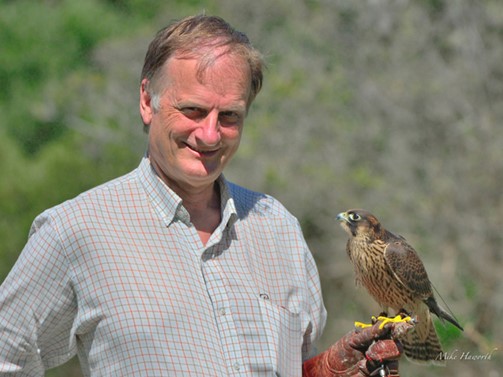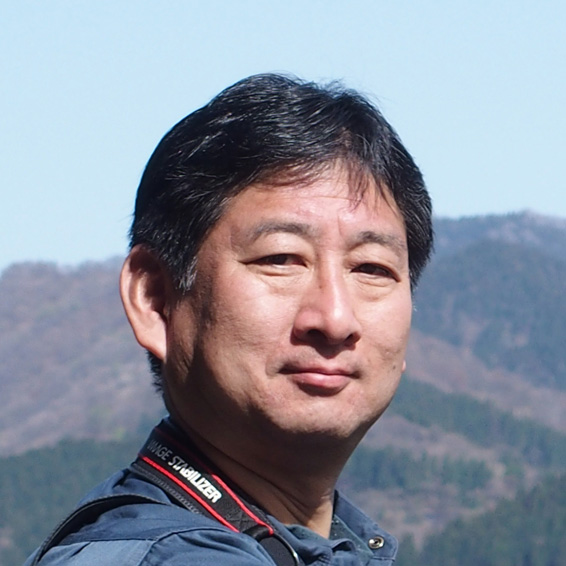IUCN CEM Sustainable Use and Management of Ecosystems Thematic Group
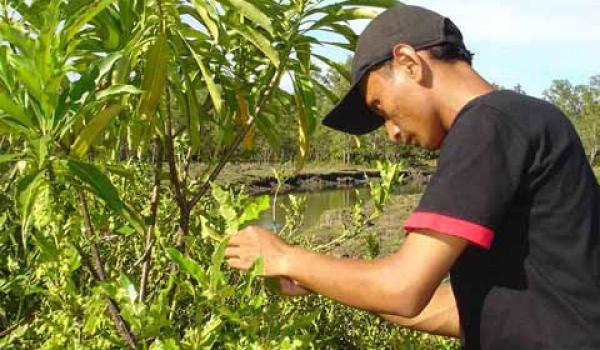
Overview and description
- Description:
-
The mission of the Thematic Group on Sustainable Use and Management of Ecosystems (SUME) is to explore how sustainable use can serve as a tool to manage, and where needed restore ecosystems; to share ...
Group leadership
Dr Adrian LOMBARD
Dr Keiya NAKAJIMA
Objectives:
- Identify how sustainable use of renewable natural resources can contribute to management and restoration of ecosystems.
- Identify and document the role ecosystem management plays in sustaining the use of renewable natural resources.
- Identify and promote conservation advantages accruing to flora, mycota and fauna from more effective ecosystem management.
- Facilitate research and knowledge sharing that explores how sustainable use of renewable natural resources can foster more resilient ecosystems.
Projects and Initiatives
Our flagship activity is the development of multilingual networking, notably through the portal Naturalliance (http://www.naturalliance.org). This is now available in 42 languages and has 52 national and regional sites. Additional languages and sites will be provided to the portal and new functions will be established.
We are also engaged in the development of networks with other organizations. The following portals are developed in partnership with CMS/UNEP, BirdLife International and IAF.
Sakers and Falconry (http://www.sakernet.org)
Farmland favouring Partridges (http://www.perdixnet.org)
Falconry and Conservation (http://www.falconet.org)
We plan also to establish a portal framework which will host representative sites for Indigenous Peoples and Local Communities (IPLC) groups with 10 active sites for demonstration and promotion at the 2024 IUCN WCC.
This work will implement the Memorandum of Understanding (MoU) for which SUME is the contact point between IUCN-CEM and other organizations. SUME is supported for this work by the European Sustainable Use Group. More detailed information can be found on their site (http://esug.sycl.net).
More details of SUME meetings and other activities can be found on http://sume.sycl.net
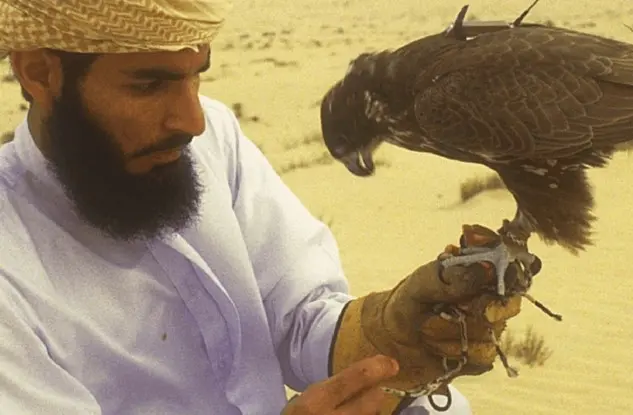
Saker and Falconry
Photo by Anatrack Ltd
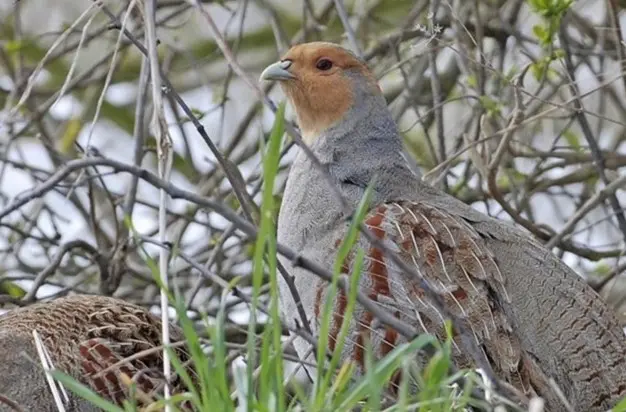
Farmland favouring Partridges
Photo by Anatrack Ltd
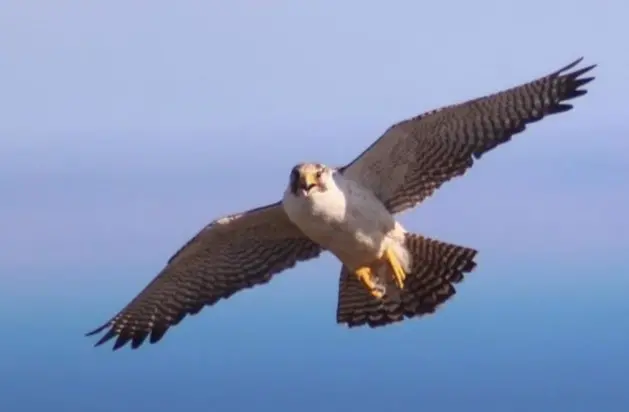
Falconry and Conservation
Photo by Anatrack Ltd
